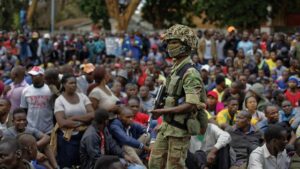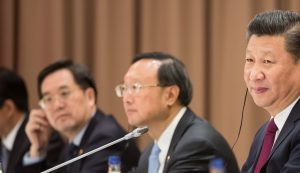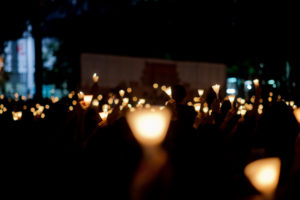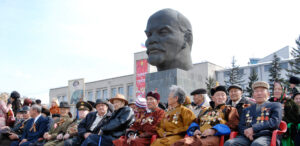
July 2024, Volume 35, Issue 3
African Popular Protest and Political Change
There is a troubling tension around “people power” in Africa today: African social movements are among the most successful at ousting autocrats. But the continent’s entrenched antidemocratic institutions leave these victories highly vulnerable to reversal.









